Toward a New Veteranology
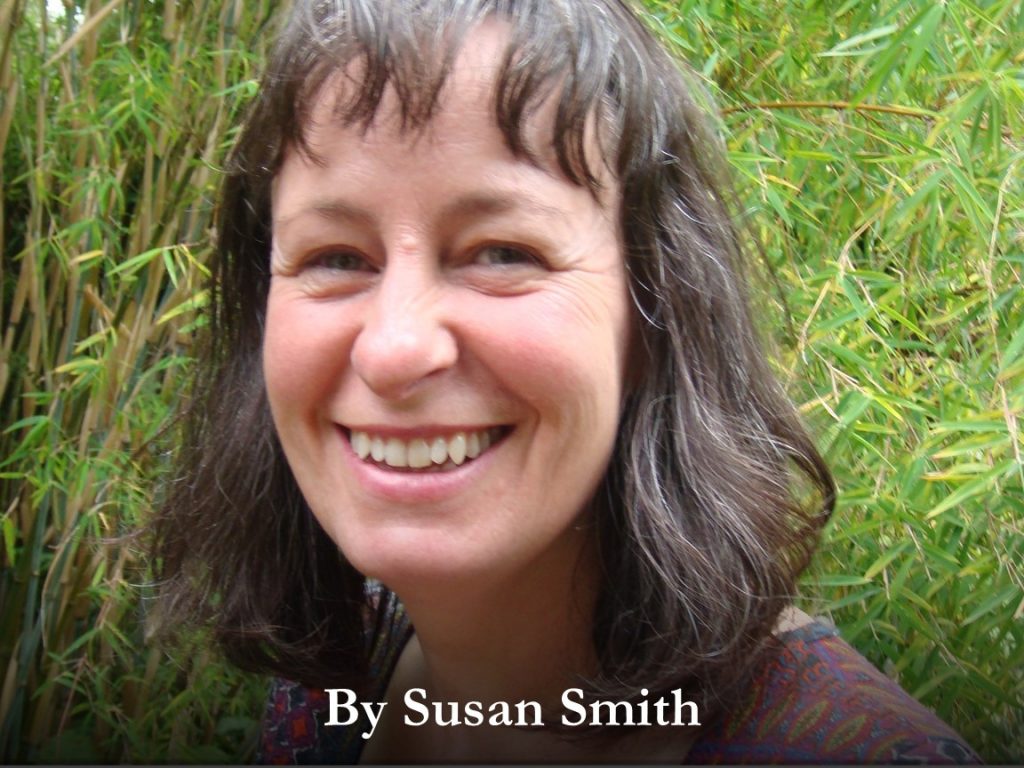
Independent scholar Sue Smith reviews John M. Kinder’s Paying with Their Bodies: American War and the Problem of the Disabled Veteran. In the book, Kinder calls for a radical transformation of rehabilitation from a medical model to a social model of disability.
The Rollercoaster Ride: The Lived Experience of People Acquiring a Physical Impairment in Youth
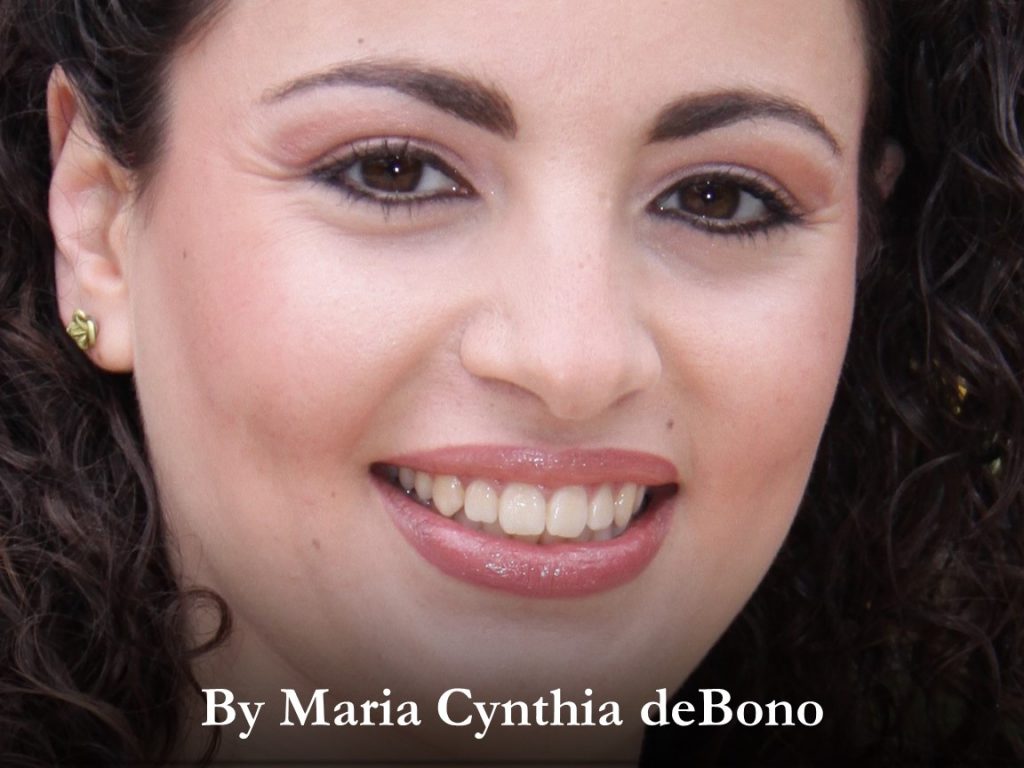
Maltese physiotherapist Maria Cynthia deBono explores the journey that young people take after acquiring a physical impairment. Her research reveals how the actual lived experiences portray this journey as a rollercoaster ride, stabilised by a sense of continuity.
Engaged Citizenship

Welcome to the Fall 2017 issue of the Journal for Humanities in Rehabilitation. We invite you to consider the meaning of engaged citizenship in your curricula and ways the humanities provide creative and innovative intersections of the work of rehabilitation in society.
The Power of Stories for Patients and Providers
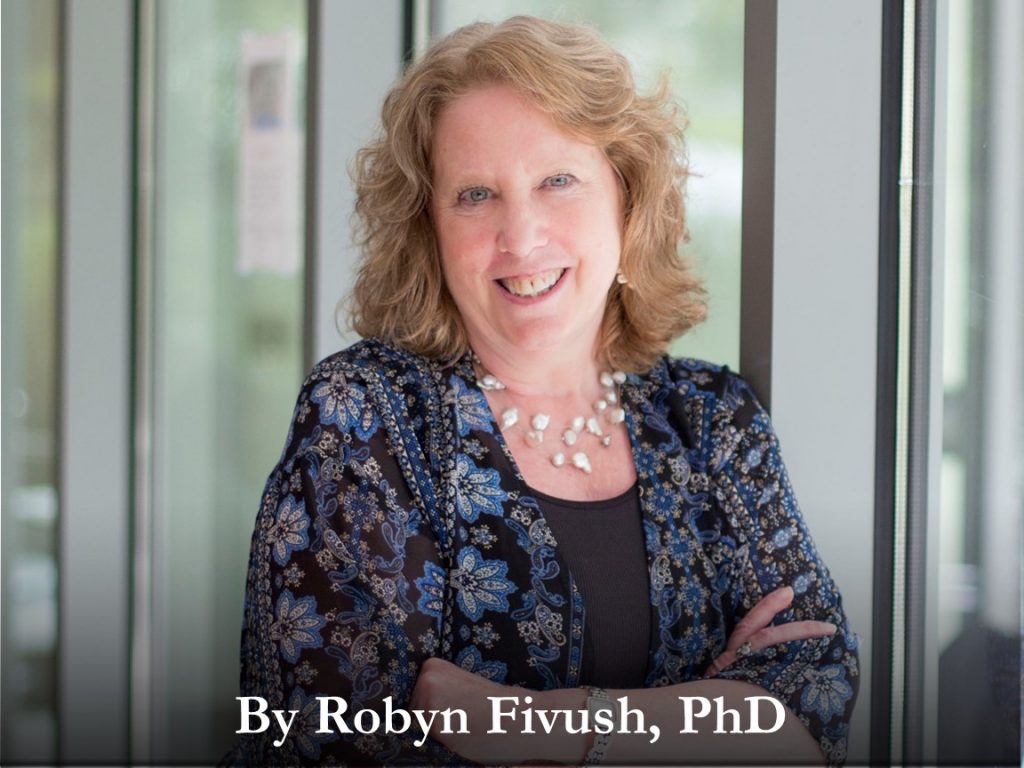
Robyn Fivush, PhD, argues that sharing our stories with others, and listening to their stories, is a fundamental way of connecting–for patients and medical providers alike. She reports on emerging research that demonstrates the power of stories to build empathy and promote healing.
Rehabilitating Citizenship: Lessons from Across the Curriculum
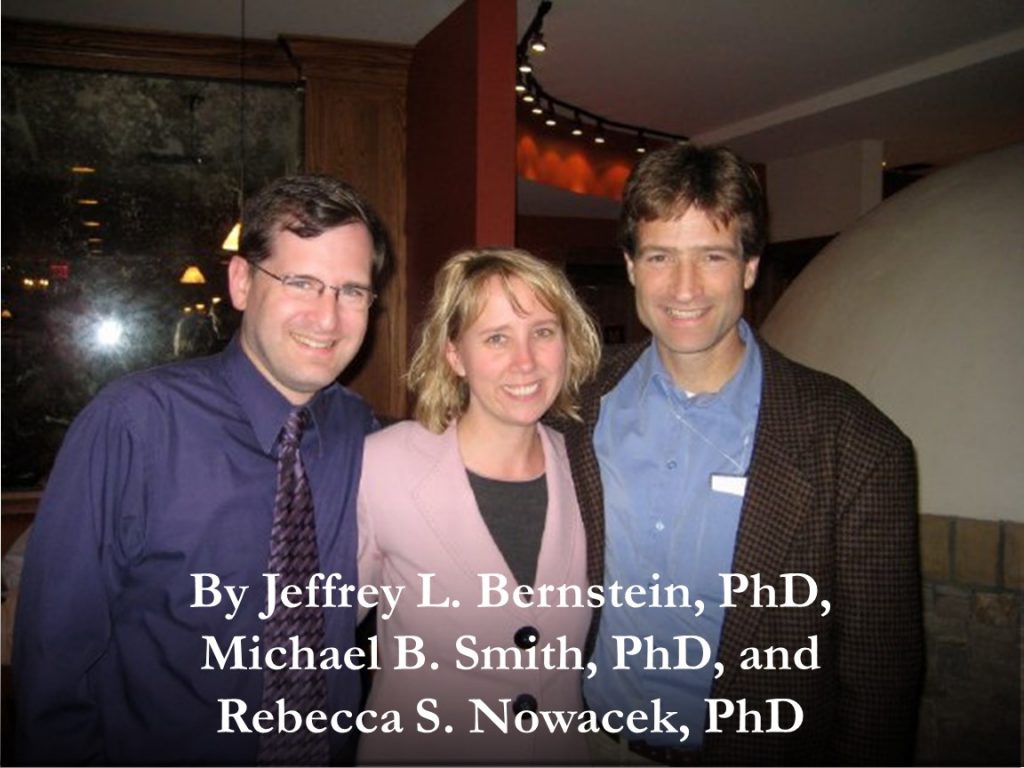
Professors Jeffrey Bernstein, Michael Smith, and Rebecca Nowacek make the case that being a good citizen requires understanding the lives other people experience–their joy and suffering–and working to ease the troubles others face.
Bedside Audio Storytelling for Hospital Patients: A Program Overview
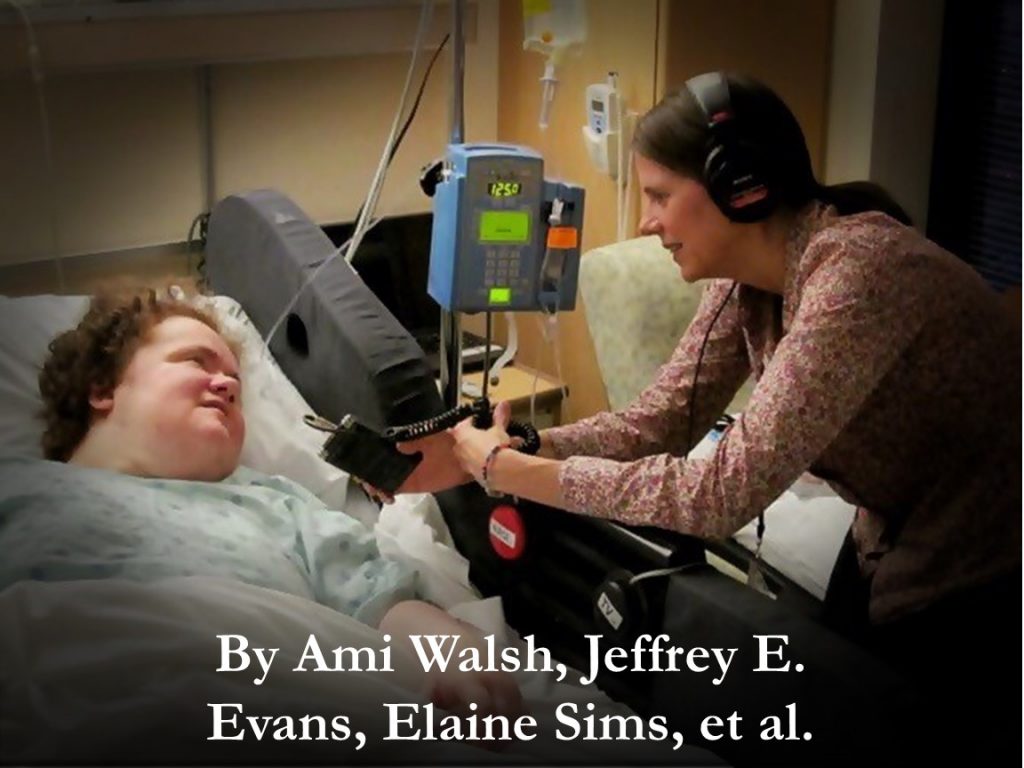
Authors Ami Walsh, MFA, Jeffrey Evans, PhD, and colleagues describe how digital technology is being used to create patient-centered audio stories in a dynamic program at Michigan Medicine. Audio storytelling, they report, helps to honor a patient’s sense of self and offer comfort and hope.
Resources: Fall 2017

Collection of links and resources for health humanities with potential applications in rehabilitation sciences education, clinical care and research.
Frida Kahlo’s Backbone
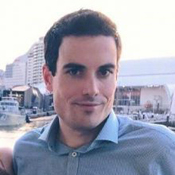
Through a carefully constructed and thoughtful poem, Michael J. Leach, PhD, explores the tumultuous life and art of Frida Khalo revealing the tremendous strength that underlies this artist’s work.
The Other Side of the Bedrail
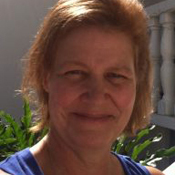
After nearly 20 years of clinical practice, physical therapist Mary Pugh Alligood finds herself reflecting on lessons learned from the other side of patient care and poignantly describes her experiences after a diagnosis of inoperable brain cancer tumor and colostomy surgery.
Lessons from the Lake
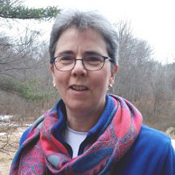
Through her description of a personal encounter with an acquaintance devastated by a stroke, Regina Kaufman, PT, EdD, MS, NCS, contemplates how personal connection during therapy sessions may enable patients to re-embody the world and social roles that they have lost.

